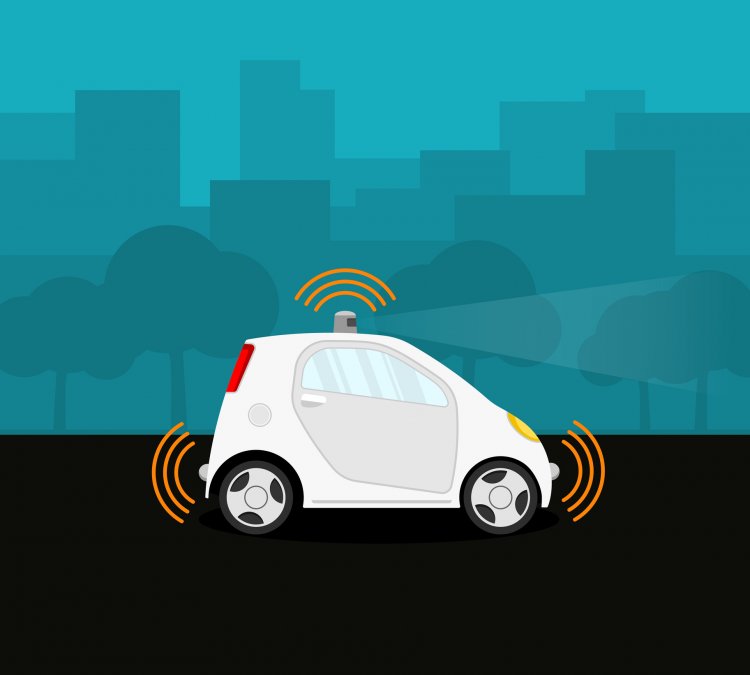This is an excerpt from a story delivered exclusively to Business Insider Intelligence Transportation & Logistics Briefing subscribers. To receive the full story plus other insights each morning, click here.
Wayve, a UK-based autonomous driving technology startup, recently completed a test run of a car equipped with its technologies on a road that was not pre-mapped, according to TechCrunch.

Getty
The company claims this is the first time an autonomous vehicle (AV) has ever driven on public roads without pre-mapping. Wayve’s technologies use machine learning to allow the car to teach itself how to navigate the roads. “Our cars learn to drive from data with machine learning. Every time a safety driver intervenes and takes over, the car learns to drive better,” CTO and co-founder Alex Kendall told TechCrunch.
Here’s what it means:Wayve’s technologies could save AV companies money, time, and labor by eliminating pre-mapping, which will become resource-intensive as they scale their AV programs.
- Pre-mapping the areas where AVs operate isn’t currently a significant issue for companies because AV deployments are confined to small geographic areas.Mapping involves driving non-autonomous cars equipped with cameras to create a high-definition map of a road environment, which AVs then follow when driving. Currently, those environments are limited: Even Waymo — widely considered the market leader in the global AV space — only operates AVs in two states, and its publicly available ride-hailing service is confined to a small portion of the Phoenix suburbs. Pre-mapping these limited areas simply isn’t a major lift for AV companies at the moment.
- However, as AV companies look to scale up their AV programs, pre-mapping thousands of miles of roads will be challenging. Once companies move beyond their initial AV deployments, they’ll be in an arms race to quickly expand their programs to as many geographies as possible. Given the litany of other challenges that AV companies will need to tackle as they scale up their programs — including fleet management, operations, and customer acquisition — pre-mapping thousands of miles of public roads will be labor and capital intensive. That’s where a solution like Wayve’s could come in: AV firms could utilize the technology to expand quickly beyond the geographic limitations of pre-mapping.
The bigger picture:Wayve’s promising technology gives it an opportunity to become a leader in the AV tech space, but it must begin to consider how to commercialize its solutions. Wayve can follow two approaches to achieve this: It can partner directly with an AV company, or it can sell or license its technology stack more widely. In both cases, starting a dialogue with leading AV firms would be a good place to start. Pre-mapping is a considerable barrier to widespread AV implementation, so it’s likely that Wayve isn’t alone in developing a technology of this kind. Wayve should thus soon start laying the groundwork for commercialization if it hopes to not risk losing out on a sizable revenue opportunity: The global autonomous vehicle market will be worth $556 billion in 2030, according to Allied Market Research estimates.
Interested in getting the full story? Here are two ways to get access:
1. Sign up for the Transportation & Logistics Briefing to get it delivered to your inbox 4x a week. >> Get Started
2. Subscribe to a Premium pass to Business Insider Intelligence and gain immediate access to the Transportation & Logistics Briefing, plus more than 250 other expertly researched reports. As an added bonus, you’ll also gain access to all future reports and daily newsletters to ensure you stay ahead of the curve and benefit personally and professionally. >> Learn More Now
